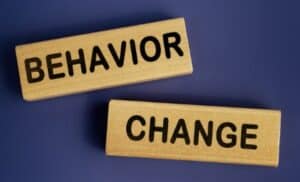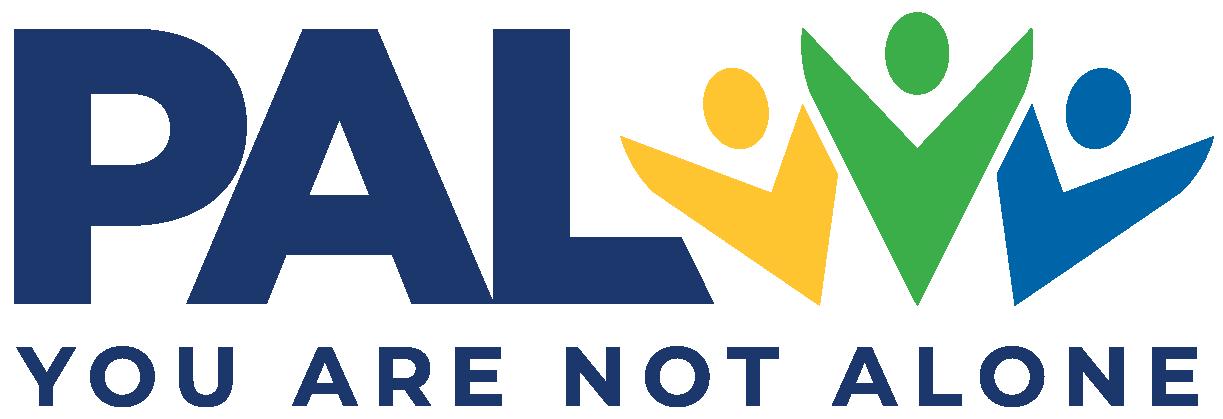
The Transtheoretical Model for Behavioral Change is a framework that seeks to explain how individuals move through the process of changing unhealthy ways of coping behaviors toward more positive choices. It is used for many problem areas (i.e. smoking cessation, exercise, compulsive shopping, substance abuse) and involves four to six stages of behavioral change. These stages are referred to generally as pre-contemplative, contemplative, action, and maintenance stages. This model can be particularly useful in understanding navigating the substance abuser path to achieving and sustaining a sober lifestyle.
Some clinicians in the field of recovery have modified the model to emphasize a denial phase, which precedes the pre-contemplative phase of behavioral change, and will be included here for our purposes. For practical applications, we will demonstrate the behavioral change of an alcoholic.
Denial Phase: This phase is usually marked by the inability to see consequences of their drinking behavior, instead blaming the consequence on fate, or other things for example you might hear, “If my wife didn’t keep us in debt,” or a harmless pursuit such as engaging in activities or goals for personal satisfaction, enjoyment, and well-being without causing harm to themselves or others. They may say things like, “I never drink alone,” or “I could quit any time,” “It’s part of my job to entertain clients,” or “I only drink on the weekends.” They are very defensive in any discussion regarding their drinking as a means to ward off their unconscious feelings of shame.
Pre-Contemplative Phase: This can be characterized as a cursory admittance of the possibility of the problem, proposing ineffective solutions such as, “I’m switching to beer only,” “I’m doing sober February,” They often do minimal follow through citing external factors as reasons they will “get back to it.”
Contemplative Phase: For the first time, there is an admittance that there are consequences to their behavior. A spouse or relationship ending because of a stated issue with alcohol/drugs, impulsive behavior causing significant life disruption- maybe a DUI. They are GOING TO DO something about it, saying, “Alright, can you make an appointment with someone?” or a true effort to maintain sobriety for a month. “I’ll read that book…” In this stage, the person takes on his issues privately, individually, sharing the need for assistance or help from others or agencies. They vow to change, know they need to change, but just don’t fully follow through.
Action Phase: Self-evident. They clearly know they have an issue and have on their own accord, taken steps to attend AA/NA or another specific substance-related treatment. They have admitted their problem openly to others and have identified the need for support from others.
Maintenance Phase: Equally important to achieving sobriety are the steps taken to maintain sobriety over time known as engaging in recovery. Too often, the parent of the substance abuser feels like their loved one has “won the race,” so to speak, once a small amount of sobriety is achieved, only to feel disappointed and disrespected if the loved one relapses. This essential phase of maintenance includes continued participation in accountability measures, such as support group participation, substantial modification of their work environment, and re-evaluation of the personal environment.
As the loved one of a substance abuser, it is imperative that we familiarize ourselves with these stages as a way to mitigate our disappointment or frustration when the abuser does not flow seamlessly from Denial to Action within a weeks’ time. I usually ask the loved ones to think of a fairly significant problem they had to solve (perhaps even the enabling of the abuser) and ask them to remember how long it took to reach and maintain an active change in their own behavior.
Knowing the stages allows for open communication and possibly gauging progress if you see the individual go from the denial to contemplative phase. It minimizes the defensiveness of the one suffering from addiction, who does not want to be stripped of even their unhealthy behaviors to ward off exposure to shame, despair, or low self-worth. It allows for more collaborative vs antagonistic support.
David Seaton, Ph.D., Clinical Psychologist
Practices in the Phoenix, Arizona metropolitan area with 30 years of experience working with individuals and families.
